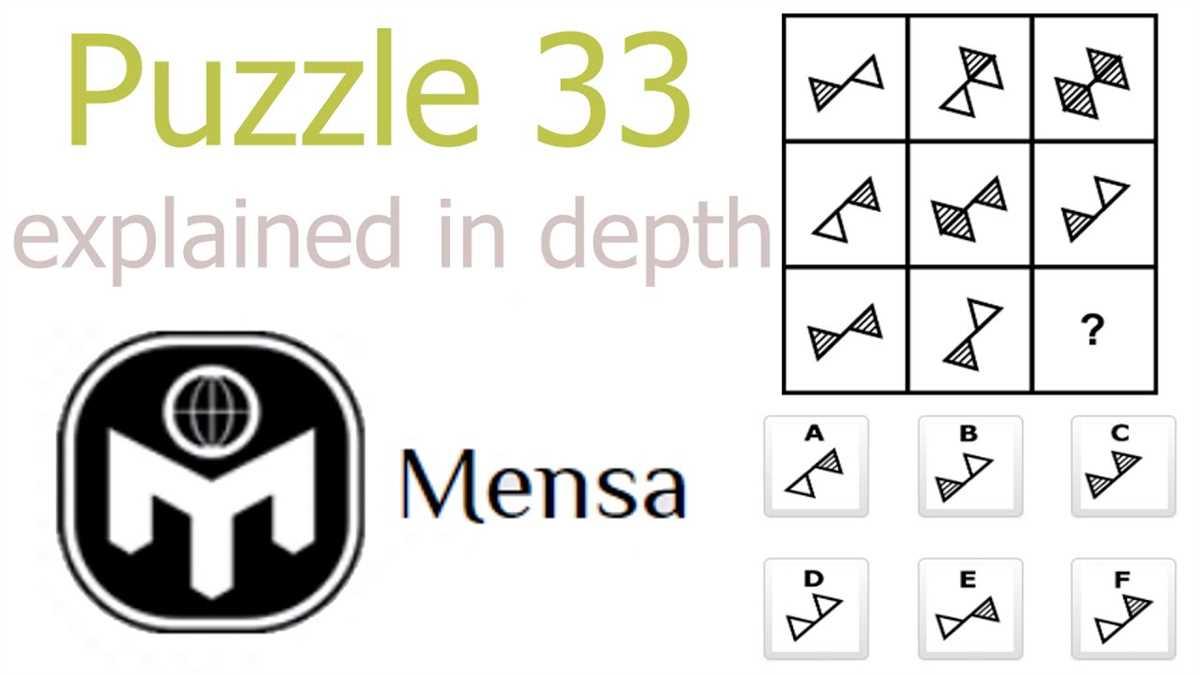
Completing an IQ test can be an intriguing and challenging experience. Once you receive your results, you may be left wondering what they truly mean. Understanding the answers and interpretations behind your IQ test can provide valuable insights into your cognitive abilities and potential. In this article, we will explore how to interpret IQ test answers and what they reveal about your intelligence.
IQ tests are designed to measure a person’s intelligence and problem-solving skills. They consist of a series of questions that assess various cognitive abilities, such as logical reasoning, mathematical skills, verbal comprehension, and spatial recognition. Each question is carefully constructed to challenge individuals and provide a measure of their intellectual capabilities.
When you receive your IQ test results, they are typically presented as a numerical score. This score is derived from comparing your performance to that of a representative sample of the population. The average IQ score is set at 100, with scores above and below indicating above-average and below-average intelligence, respectively. However, it is important to note that IQ tests are not the sole measure of intelligence, as they may not capture all aspects of a person’s intellectual abilities.
What is an IQ test?
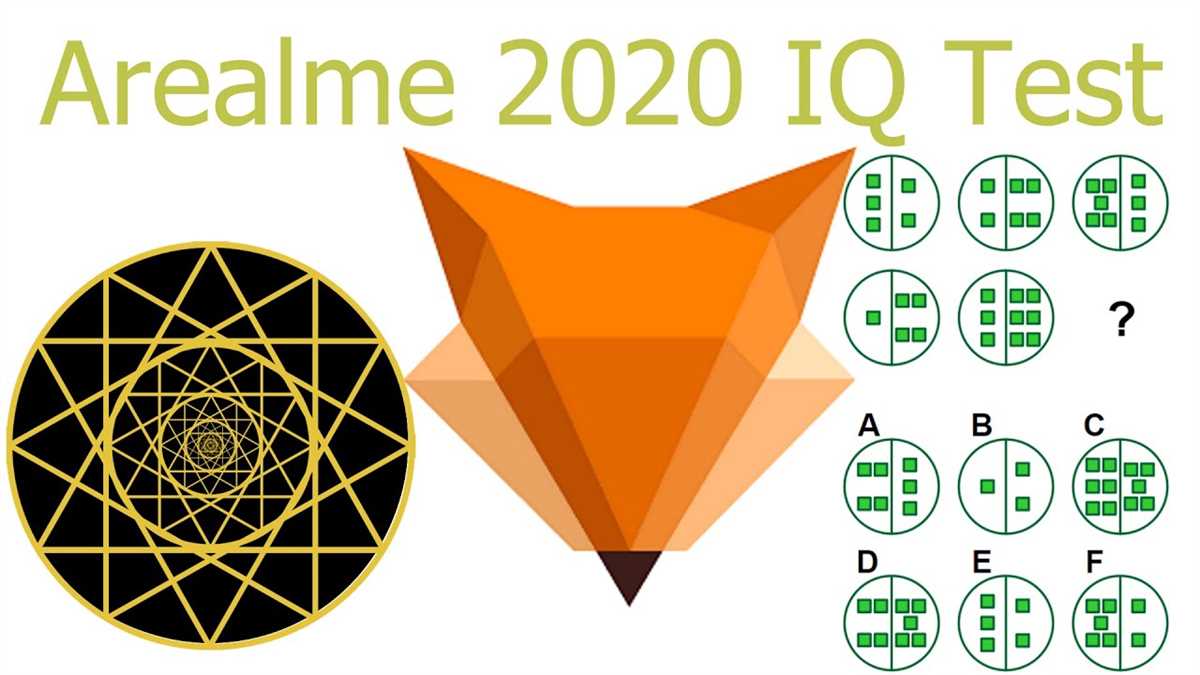
An IQ test, or intelligence quotient test, is a standardized assessment designed to measure a person’s intellectual abilities and potential. It is a tool used by psychologists and researchers to evaluate a person’s cognitive skills, problem-solving abilities, and logical reasoning. IQ tests typically consist of a series of questions or tasks that assess different areas of intelligence, such as verbal comprehension, visual-spatial skills, mathematical reasoning, and logical thinking.
The purpose of an IQ test is to provide a numerical score, known as an IQ score, which reflects the individual’s intellectual abilities in relation to others of the same age group. The average IQ score is set at 100, with scores above or below indicating above or below average intelligence, respectively. The higher the IQ score, the higher the individual’s intellectual capabilities are considered to be.
IQ tests are administered in various settings, such as educational institutions, employment screenings, and clinical assessments. They are used to inform decisions regarding educational placements, job qualifications, and psychological diagnoses. While IQ tests are a widely recognized measure of intelligence, they do not capture the entirety of a person’s intellectual abilities and should be interpreted alongside other factors, such as emotional intelligence and practical skills.
How do IQ tests work?
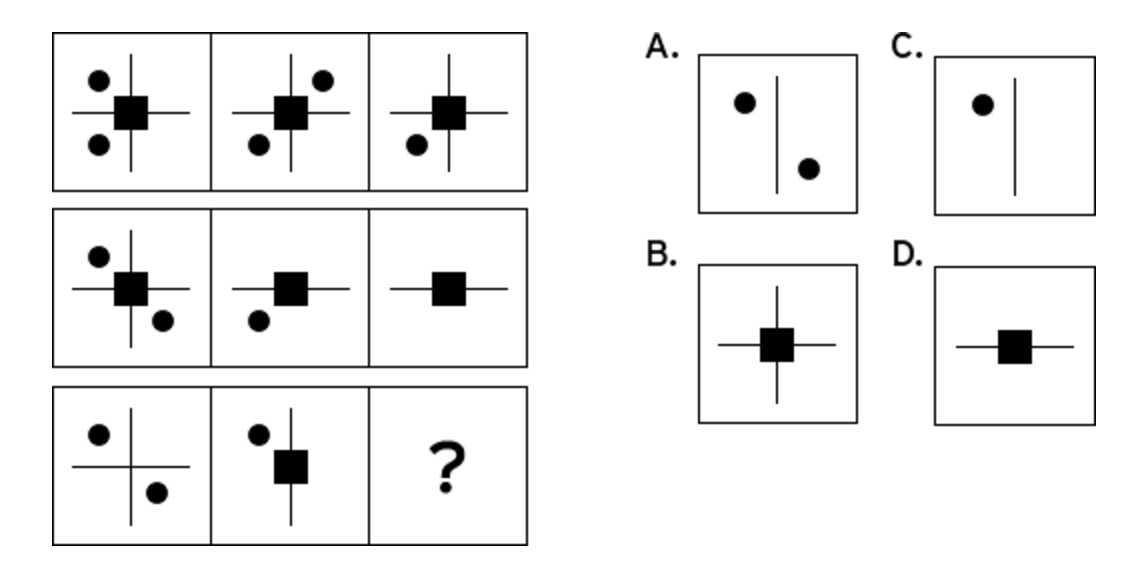
IQ tests, also known as intelligence quotient tests, are standardized assessments that measure an individual’s cognitive abilities and intellectual potential. These tests are designed to evaluate a person’s problem-solving skills, logical reasoning, verbal and mathematical abilities, and spatial awareness.
IQ tests typically consist of multiple-choice questions and various problem-solving tasks. The questions are structured in a way that assesses different cognitive abilities, such as pattern recognition, memory, analytical thinking, and logical deduction.
Each question in an IQ test is assigned a difficulty level, and the individual’s performance is compared to that of a standardized sample group. The individual’s score is then calculated based on how they perform in relation to the average scores of the sample group, which is usually represented by a mean score of 100.
IQ tests are designed to provide a measure of an individual’s intellectual abilities in comparison to others of the same age group. The results are often used to evaluate academic potential, identify cognitive strengths and weaknesses, and assess intellectual giftedness or learning disabilities. It is important to note that IQ tests do not measure other aspects of intelligence, such as creativity, emotional intelligence, or practical skills.
What are the different types of IQ tests?
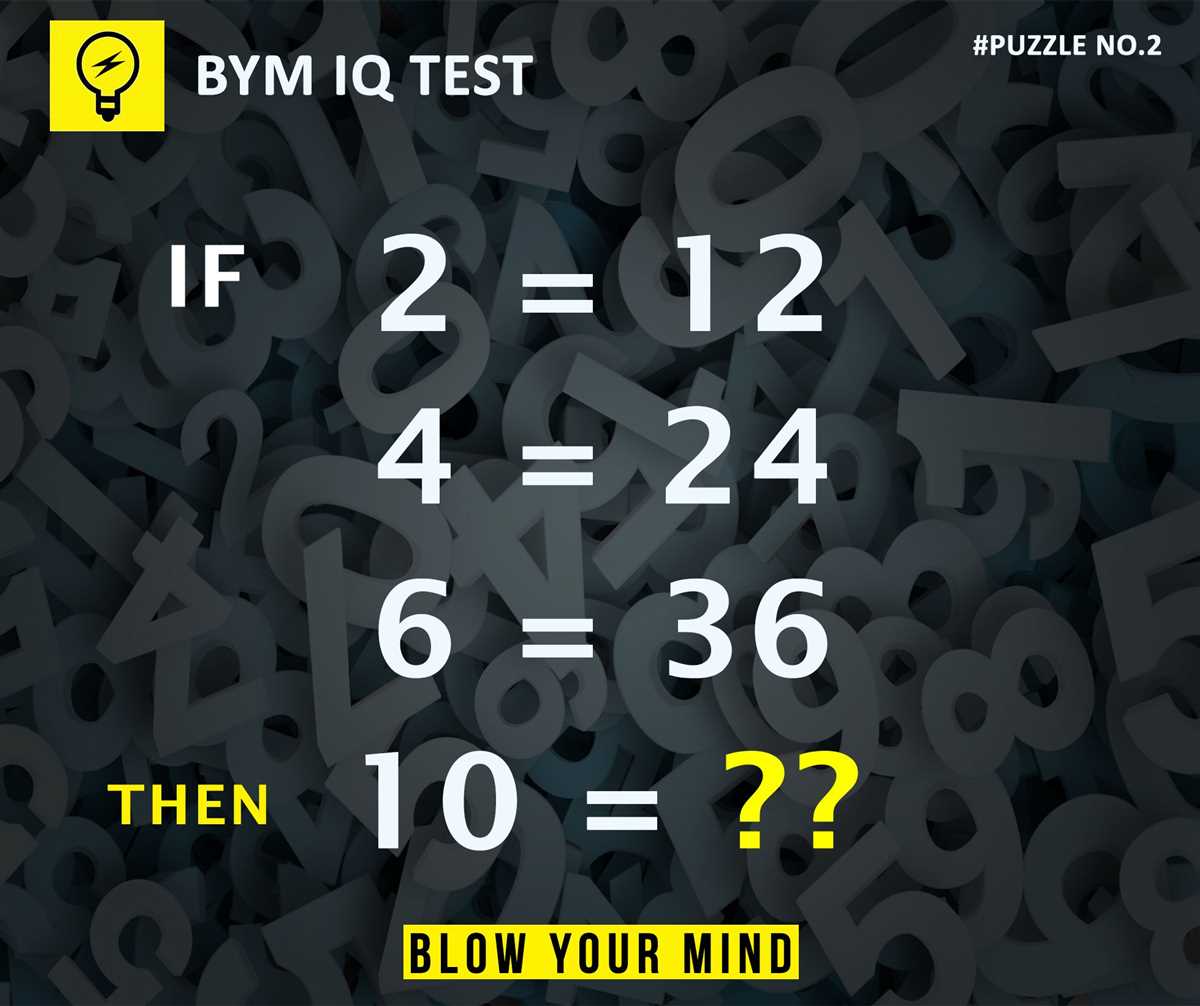
There are several different types of IQ tests that are used to assess a person’s intelligence. These tests are designed to measure various cognitive abilities and provide a numerical value, known as an IQ score, that is used to compare individuals’ intelligence levels.
1. Stanford-Binet Intelligence Scale: This is one of the most well-known IQ tests. It assesses a wide range of cognitive abilities, including verbal and nonverbal reasoning, problem-solving, memory, and processing speed. It is commonly used to measure intelligence in children and adults.
2. Wechsler Adult Intelligence Scale (WAIS): This test is specifically designed for adults and is often used in clinical and research settings. It assesses various aspects of intelligence, including verbal comprehension, perceptual reasoning, working memory, and processing speed. It provides separate scores for different cognitive domains as well as an overall IQ score.
3. Wechsler Intelligence Scale for Children (WISC): Similar to the WAIS, this test is designed for children and adolescents. It assesses a wide range of cognitive abilities, including verbal comprehension, perceptual reasoning, working memory, processing speed, and fluid reasoning. It provides separate scores for different cognitive domains and an overall IQ score.
Other types of IQ tests include:
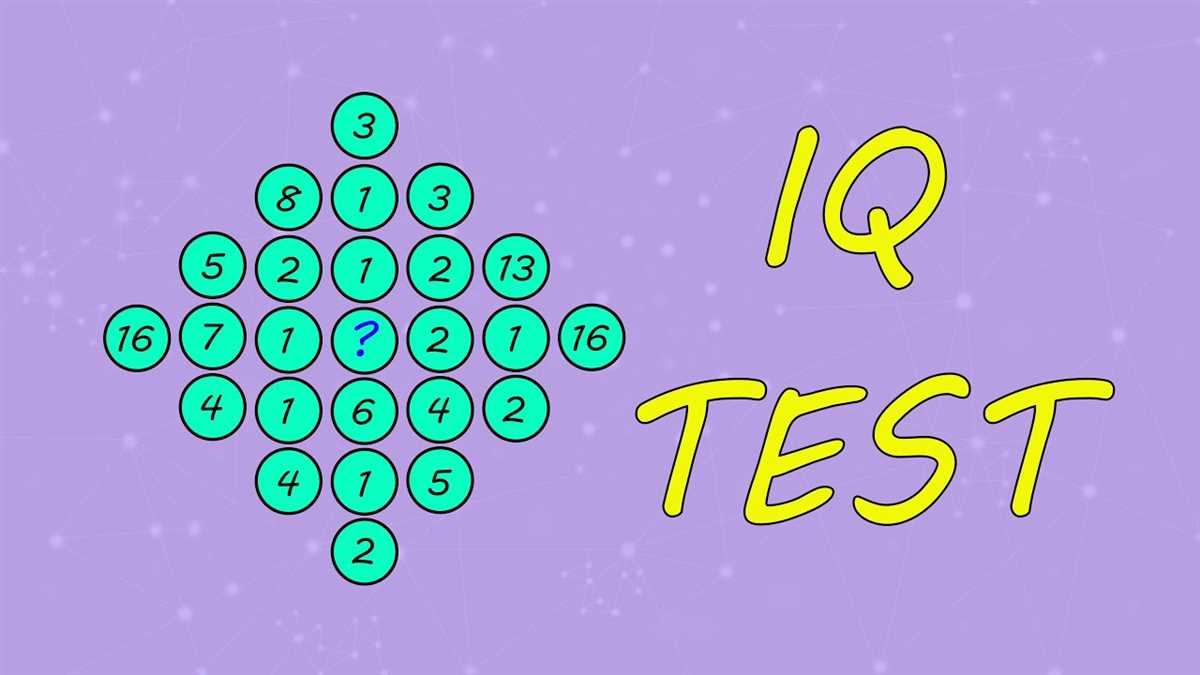
- Raven’s Progressive Matrices: This test is based on visual patterns and measures abstract reasoning abilities.
- Culture Fair Intelligence Test: This test is designed to minimize the influence of cultural and educational background on IQ scores.
- Cattell’s Culture Fair Intelligence Test: This test measures fluid intelligence, which is the ability to think abstractly and solve problems independent of prior knowledge.
It is important to note that these tests are just some of the many IQ tests available, and each test may have its own strengths and limitations. It is also worth mentioning that IQ tests should be interpreted by trained professionals in conjunction with other forms of assessment to provide a comprehensive understanding of an individual’s cognitive abilities.
IQ test answers: understanding the scoring system
When it comes to IQ tests, understanding the scoring system is crucial in interpreting your results. IQ tests measure a person’s intelligence by assessing various cognitive abilities, such as logic, problem-solving, and verbal comprehension. The scoring system used in these tests helps determine where an individual falls on the IQ spectrum.
The most common scoring system used in IQ tests is the standard deviation method. This method assigns a score based on the statistical concept of standard deviation, which measures how much a score deviates from the average. In this system, the average IQ score is set at 100, with a standard deviation of 15.
So, if an individual scores 115 on an IQ test, it means that their score is 1 standard deviation above the average, indicating above-average intelligence. On the other hand, a score of 85 would indicate below-average intelligence, as it is 1 standard deviation below the average.
To further understand the scoring system, it’s helpful to consider the IQ percentile ranking. This ranking compares an individual’s IQ score to the scores of others in the same age group. For example, if someone scores in the 90th percentile, it means that their IQ score is higher than 90% of the population in their age group.
It’s important to remember that IQ tests measure a specific type of intelligence and may not capture other important aspects, such as emotional intelligence or creativity. Additionally, IQ is not fixed and can be influenced by various factors, including education, environment, and genetics. Therefore, while IQ test answers provide insights into cognitive abilities, they should be interpreted alongside other factors and not used as the sole measure of a person’s intelligence.
Common misconceptions about IQ test answers
IQ test answers can be a source of confusion and misunderstanding for many individuals. There are several common misconceptions that people often have when it comes to interpreting the answers of an IQ test. It is important to address these misconceptions in order to have a more accurate understanding of IQ test scores.
One common misconception is that the IQ test answers are solely based on intelligence. While intelligence plays a significant role in IQ test performance, it is not the only factor. IQ tests also assess other cognitive abilities such as memory, problem-solving skills, and verbal comprehension. Therefore, the answers to IQ test questions are influenced by a combination of these factors, not just intelligence alone.
- Another misconception is that there is one correct answer for each IQ test question. IQ tests often include questions that require critical thinking and problem-solving skills. These questions may have multiple possible solutions or require a different type of reasoning. Therefore, the answers to these questions may not be as straightforward as one might think. It is important to consider different perspectives and approaches when analyzing IQ test answers.
- Some individuals mistakenly believe that their IQ test answers represent their overall intelligence level. IQ tests provide a measure of cognitive abilities at a specific point in time. They do not provide a comprehensive assessment of an individual’s intelligence, personality, or other factors that contribute to one’s abilities. It is important to remember that IQ test answers are just one piece of the puzzle when it comes to understanding intelligence.
- Another misconception is that IQ test answers are set in stone and cannot be improved. While IQ tests measure innate cognitive abilities, it is possible to develop and improve certain cognitive skills through practice and learning. With proper training and exposure to various stimuli, individuals can enhance their problem-solving abilities, memory, and other cognitive functions. Therefore, IQ test answers are not fixed and can be improved over time.
By addressing these common misconceptions about IQ test answers, individuals can have a more accurate understanding of their cognitive abilities and the interpretation of their IQ test scores. It is important to approach IQ tests with an open mind and recognize that they are just one tool used to assess cognitive abilities.
Strategies for improving your IQ test performance
IQ tests measure your cognitive abilities, including your problem-solving skills, analytical thinking, and logical reasoning. If you want to improve your performance on these tests, there are several strategies you can employ:
- Practice different types of questions: IQ tests often include various types of questions, such as numerical, verbal, spatial, and logical. By practicing different question types, you can become familiar with the patterns and techniques required to solve them efficiently.
- Work on your speed and accuracy: IQ tests are usually timed, so it’s essential to develop your speed and accuracy. Practice solving problems under time pressure to improve your ability to think quickly and make accurate decisions.
- Develop your critical thinking skills: Critical thinking involves analyzing information, evaluating arguments, and making rational judgments. By developing your critical thinking skills, you’ll be better equipped to solve complex problems and answer challenging questions on IQ tests.
- Improve your memory: Some IQ tests include memory-based questions that require you to recall information accurately. Enhancing your memory skills through techniques such as mnemonics and visualization can significantly improve your performance on these types of questions.
- Stay calm and focused: IQ tests can be challenging and may induce stress or anxiety. It’s crucial to stay calm and focused during the test to avoid making mistakes due to anxiety. Practice relaxation techniques, such as deep breathing, to help you maintain your composure.
Remember that improving your IQ test performance takes time and practice. Consistently working on these strategies will help you enhance your cognitive abilities and perform your best on IQ tests.
Frequently asked questions about IQ test answers
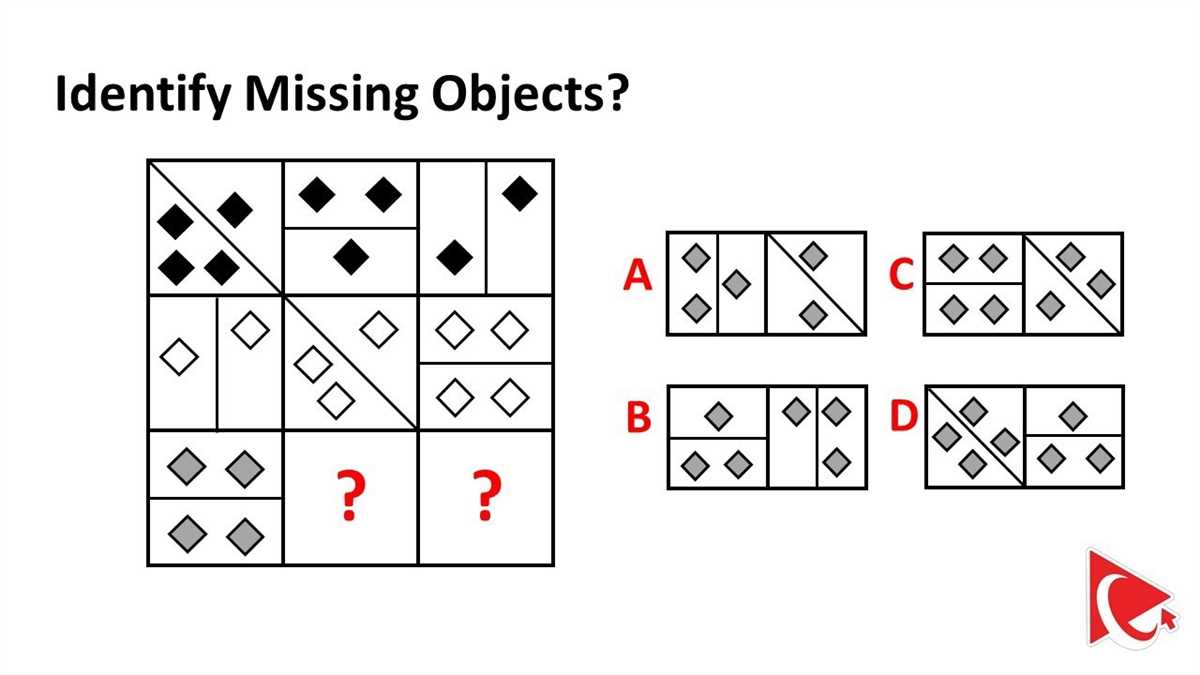
1. What is an IQ test?
An IQ test is a psychological assessment that measures a person’s intellectual abilities and compares them to the average scores of others in their age group. It is designed to evaluate a person’s problem-solving skills, logical reasoning, memory, attention, and other cognitive abilities.
2. How are IQ test answers scored?
IQ test answers are typically scored based on the number of correct answers and the difficulty level of the questions. Each question is assigned a specific point value, and the total points are calculated at the end of the test. The score is then compared to a standardized scale to determine the person’s IQ level.
3. Can IQ test answers be explained?
Yes, IQ test answers can be explained. Many experts and psychologists provide explanations and interpretations of IQ test questions and answers. These explanations can help individuals understand the reasoning behind the correct answers and improve their performance on future tests.
4. Are there right or wrong answers in an IQ test?
Yes, there are right and wrong answers in an IQ test. The questions in an IQ test are designed to have objectively correct answers based on logical reasoning and problem-solving skills. However, it is important to note that different types of IQ tests may focus on different areas of intelligence, so what is considered a correct answer may vary depending on the specific test.
5. Can IQ test answers change over time?
Yes, IQ test answers can change over time. IQ is not a fixed trait and can be influenced by various factors such as education, life experiences, and cognitive development. It is possible for individuals to improve their IQ scores through learning and practice, as well as for scores to decline due to cognitive decline or other factors.
- 6. How accurate are IQ test answers?
IQ test answers can provide a measure of a person’s cognitive abilities and intellectual potential, but they are not without limitations. IQ tests primarily assess certain aspects of intelligence and may not capture the full range of an individual’s capabilities. Additionally, factors such as test anxiety, familiarity with test formats, and cultural biases can affect the accuracy of IQ test results. It is important to interpret IQ test scores with caution and consider other factors when evaluating an individual’s intelligence.